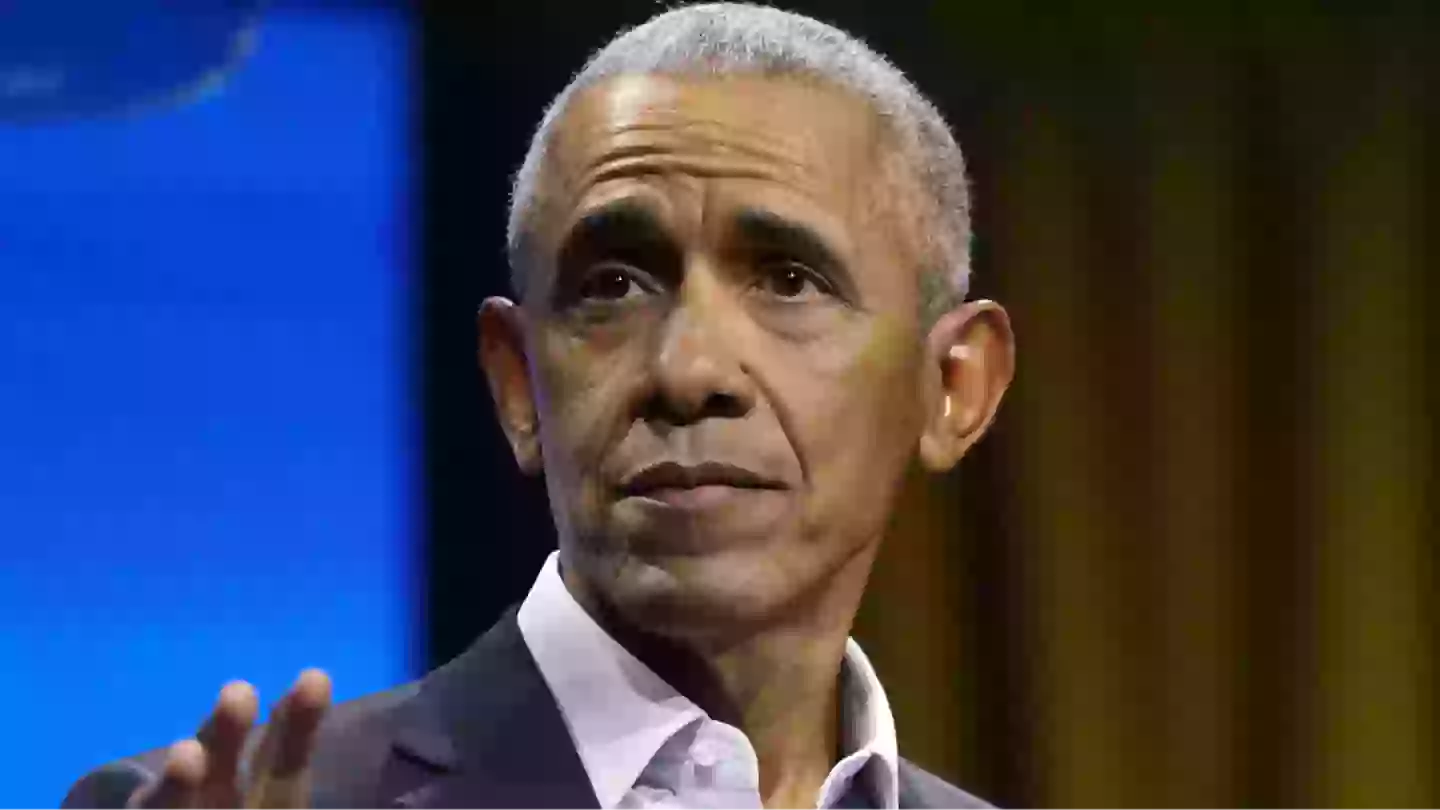Barack Obama has expressed concerns about the direction the United States is heading under Donald Trump’s presidency.
Since leaving office in early 2017, Obama has generally stayed out of the public eye, making only occasional appearances. He has, however, been vocal about his views on Trump’s administration, especially criticizing decisions such as pausing Harvard’s funding and the administration’s contentious tariff policies.
In a recent address, Obama voiced a grim outlook for the US’s future under the Trump administration, warning that the current trajectory is ‘not consistent with American democracy.’
During a speech in Hartford, Connecticut, on Tuesday evening (June 17), Obama cautioned that the nation is veering ‘dangerously close’ to becoming an autocracy.
He illustrated potential political parallels between the US and other nations should the trend continue.
An autocracy is a form of governance where one person holds absolute power, a system that has existed throughout history in forms such as emperors and kings, as noted by National Geographic.
In contemporary terms, autocracies manifest as absolute monarchies and dictatorships, where rulers are not accountable to advisors, judicial systems, citizens, or the media.
Citizens under autocratic rule lack influence over the establishment and enforcement of laws.
Obama emphasized his belief that the US is inching toward autocratic governance.
At the event, he stated: “If you follow regularly what is said by those who are in charge of the federal government right now, there is a weak commitment to what we understood — and not just my generation, at least since World War II — our understanding of how a liberal democracy is supposed to work.
“What we’re seeing right now … is not consistent with American democracy.
“It is consistent with autocracies. It is consistent with Hungary under Orbán. It’s consistent with places that hold elections but do not otherwise observe what we think of [as] a fair system in which everybody’s voice matters, and people have a seat at the table, and there are checks and balances, and nobody’s above the law.
“We’re not there yet completely, but I think that we are dangerously close to normalizing behavior like that.”
Last weekend (June 14), widespread protests against Trump’s policies occurred across the US, known as ‘No King’ rallies.
More than 2,000 protests reportedly took place in all 50 states, with organizers aiming to ‘reject authoritarianism, billionaire-first politics, and the militarization of our democracy,’ according to CNN.
Additionally, demonstrations in Los Angeles voiced opposition to Trump’s support of ICE and its actions, as well as his decision to deploy the National Guard to manage protests.
Obama lauded these efforts for change but emphasized the need for officials from both parties to defend US institutions, saying: “There also has to be people in government in both parties who say, ‘Well, no, you can’t do that.'”
While Obama highlighted what he views as the risks of the current administration, he also offered a note of optimism.
Despite his critiques, he expressed confidence in the nation’s ability to realign and provided advice to young people.
He said: “I’m still optimistic — I’m still the ‘hope’ guy. … I guess the thing when I’m talking to these young people, though, [what] they need to hear the most is: It is important to be impatient with injustice and cruelty, and there’s a healthy outrage that we should be exhibiting in terms of what’s currently happening both here and around the world.
“But if you want to deliver on change, then it’s a game of addition, not subtraction, which means you have to find ways to make common ground with people who don’t agree with you on everything but agree with you on some things.”
Reflecting on the future of democracy in the US, Obama reiterated the importance of finding common ground and fostering unity, adding: “When people actually meet and they get to know each other and then they work on a common endeavor, then what Lincoln called those ‘better angels’ come out.
“People start recognizing themselves in each other and they start trusting each other, and that’s not just the basis for democracy, but that’s the basis for our long-term salvation.”

